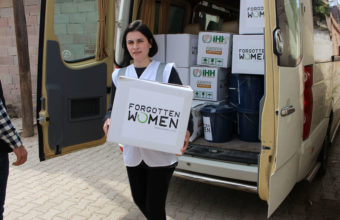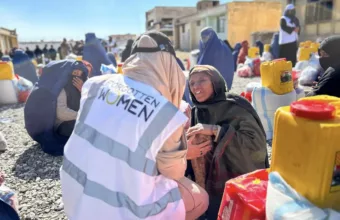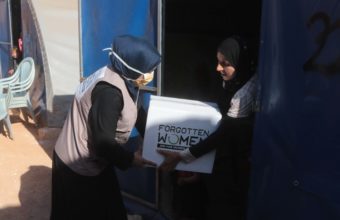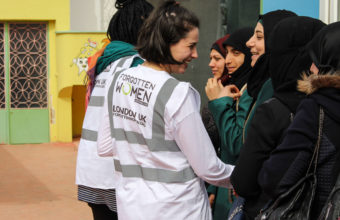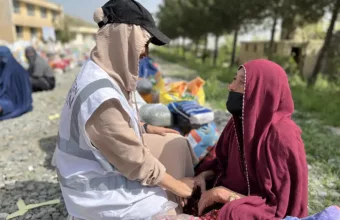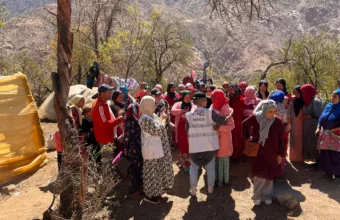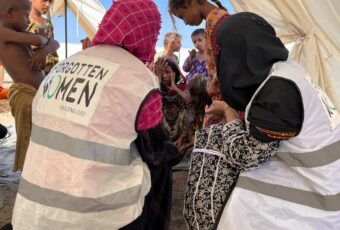–
Forgotten Women has a strict ethical code of conduct which has zero tolerance to sexual exploitation of the weak and vulnerable.
–
During any natural disaster, war or famine, women tend to be the ones who suffer the most. Women are 14 times more likely to die in any emergency because they do not receive the relevant aid. Women across the world are being exploited, the Forgotten Women team has witnessed women having to compromise their dignity for basic food. When a mother has to choose between food or starvation for her children, she will do anything because the vulnerable surroundings around her become a battle of survival. Our reports show that girls as young 9 have and are being exploited for a bar of soap, this is the sad reality which many of us are not aware of. Sexual acts in exchange for desperately needed aid supplies is an abuse of power and tends to go unreported.
Recent Past
West Africa, just one example that has fallen victim to ill treatment by aid agencies. In 2002 investigative reports (by Save the Children, UNHCR, U.N. Refugee Agency) revealed the following:
1- Individuals, mainly women had been exploited by humanitarian aid workers demanding sex from girls under the age of 18 for cooking essentials such as oil and bulgur wheat
2- In 2006 (Haiti, Sudan and the Ivory Coast) found that aid workers from various organisations asked children to conduct sexual activities on each other whilst this was filmed in exchange for basic food rations and money
3- Reports in 2014 found peacekeepers who travelled to disaster and emergency zones largely from the French military engaged in sexual abuse of children as young as 8 in exchange for food and money
4- Peacekeepers also engaged in sexual relations with women, many women would fall pregnant, a nickname for the babies born was ‘peacekeeper babies’
–
Tragically, there have been reported cases where aid has been withheld from women until they were forced to offer sex due to desperation.
–
In Syria, there have been reports of women and young girls entering short-term marriages with officials in exchange for ‘sexual services’ in order to receive hot meals. Official records have also documented instances of women being sexually exploited by men delivering aid on behalf of the UN and international charities. Women and girls ‘without male protectors’, such as widows and divorcees as well as female IDPs (Internally Displaced Persons), are regarded as particularly vulnerable to sexual exploitation not just in Syria but worldwide.
Safeguarding
Forgotten Women has a strict ethical code of conduct which has zero tolerance to sexual exploitation of the weak and vulnerable. We are dedicated to providing aid and protection to those in need, and to honour our safe aid policy, we exclusively deploy women on the front lines to deliver aid, ensuring women-to-women contact.
The #MeToo movement (defined as a social movement against sexual violence and sexual assault), has given a platform for women to speak out and has also sent a subconscious message of fear amongst the humanitarian sector.
Sex for aid and sexual exploitation should not and will not be tolerated. Part of our safe aid delivery is to provide loving arms of comfort and emotional support these beautiful women long for. Sunny Bahia, Forgotten Women
Our objective is to offer women the opportunity to develop their independence and protect their dignity. Every woman deserves the right to live a safe and happy life, with your support we can make that a reality.
Emergency Food Packs:
Afghanistan, Yemen, Balochistan and Syria: £60

